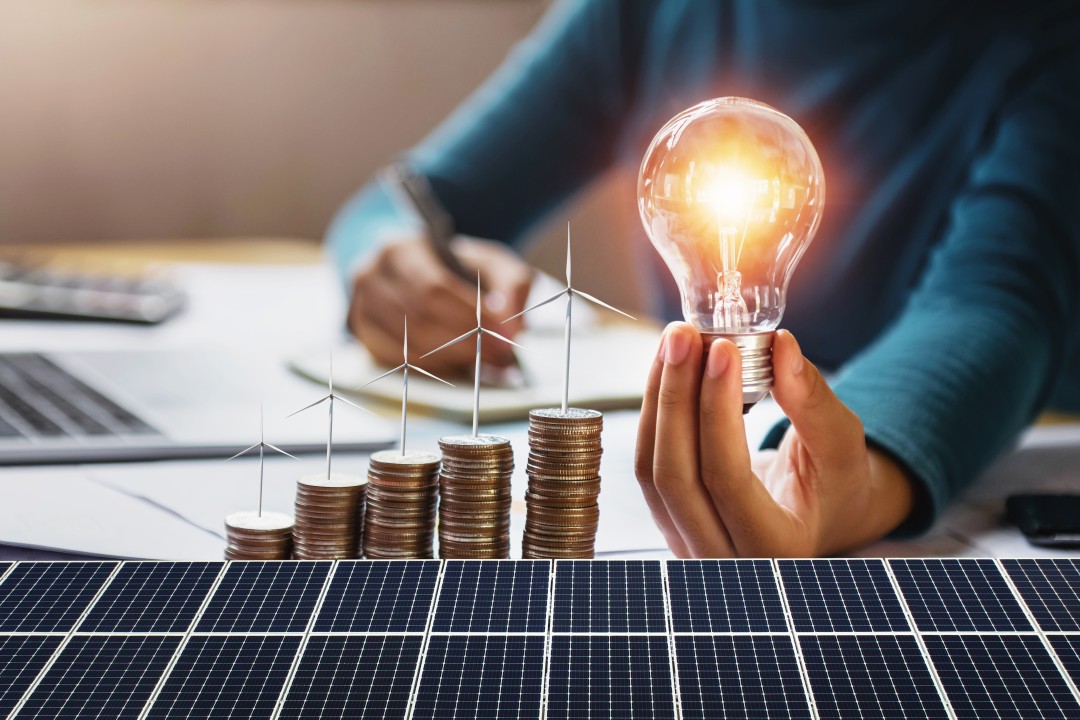Making your home energy-efficient doesn’t always require a massive investment or complex renovations. Sometimes, small adjustments can lead to significant savings on your energy bills while benefiting the environment. Below are practical ways to enhance the energy efficiency of your home, focusing on insulation, lighting, appliances, and heating and cooling systems.
The Importance of Proper Insulation
Insulation is one of the most critical aspects of an energy-efficient home. Without proper insulation, your heating and cooling systems must work harder, leading to higher energy usage and costs.
Inspect Your Attic and Walls
Start by checking your attic and walls for proper insulation. Seal any visible gaps or cracks where air might escape. Weatherstripping and caulking are affordable tools to prevent drafts around doors and windows.
Upgrade Your Insulation Material
If your insulation is outdated, consider replacing it with modern materials that offer better thermal performance. Insulated foam boards and reflective barriers can help keep heat in during the winter and out during the summer.
Investing in better insulation may seem like a big step initially, but the long-term energy savings can be substantial.
Lighting: Brightness with Reduced Energy Use
Lighting is one of the simplest areas where you can reduce energy consumption with a few small changes.
Switch to LED Bulbs
LED bulbs use significantly less energy than traditional incandescent bulbs and last much longer. Although they may cost slightly more upfront, their energy efficiency makes them worth the investment.
Use Natural Light
Take advantage of natural daylight by keeping curtains and blinds open during the day. This reduces the need for artificial light and can brighten your space effectively.
Install Dimmers and Sensors
Installing dimmer switches or motion-activated sensors can help control the amount of electricity consumed. These smart solutions ensure lights are only on when needed, boosting both convenience and savings.
Keeping Appliances in Check
Appliances are another significant contributor to household energy use. Managing how and when you use them can make a big difference.
Upgrade to Energy-Efficient Models
If your appliances are older, consider upgrading to energy-efficient models. Appliances with high energy ratings consume less electricity while still delivering excellent performance.
Repair Instead of Replacing
Broken appliances don’t always need to be replaced. Sometimes, a quick fix can restore their efficiency. If you’re looking for parts for broken appliance in Ogden, sourcing the right components can save you from buying entirely new equipment.
Unplug Idle Electronics
Phantom power, or standby power, is the energy consumed by electronics even when they’re turned off. Unplug items like chargers, coffee makers, and entertainment systems when not in use to avoid wasting energy.
Optimize Heating and Cooling
Heating and cooling systems are typically the largest contributors to energy bills. Small changes in how you use and maintain them can make an enormous difference.
Install a Programmable Thermostat
Programmable thermostats allow you to schedule heating and cooling based on when you’re home. Reducing the temperature by a few degrees at night or when you’re away can lead to noticeable savings.
Regular Maintenance
Schedule routine maintenance to ensure your HVAC systems run efficiently. Cleaning or replacing air filters, for example, improves airflow and reduces energy required to maintain a comfortable temperature.
Seal Ductwork and Vents
Inspect your ductwork and vents for leaks or blockages. Sealing these leaks ensures the conditioned air reaches every part of your home effectively.
Use Ceiling Fans
Ceiling fans are an inexpensive way to circulate air and ease the burden on your HVAC system. Set the fan to spin counterclockwise in the summer for a cooling effect and clockwise in the winter to push warm air down.
Additional Small Changes with Big Impact
Install Low-Flow Fixtures
Low-flow faucets and showerheads reduce water usage, which translates to lower water-heating energy costs.
Use Cold Water for Laundry
Washing clothes in cold water instead of hot can significantly cut energy use and still clean effectively.
Reassess Your Habits
Simple habits, like turning off lights when you leave a room or hanging laundry instead of drying, can add up over time.
Energy efficiency doesn’t require dramatic sacrifices. By implementing these small, manageable changes, you’ll not only save money on energy bills but also contribute to a healthier environment. Every step, no matter how small, brings you closer to a more sustainable home.











